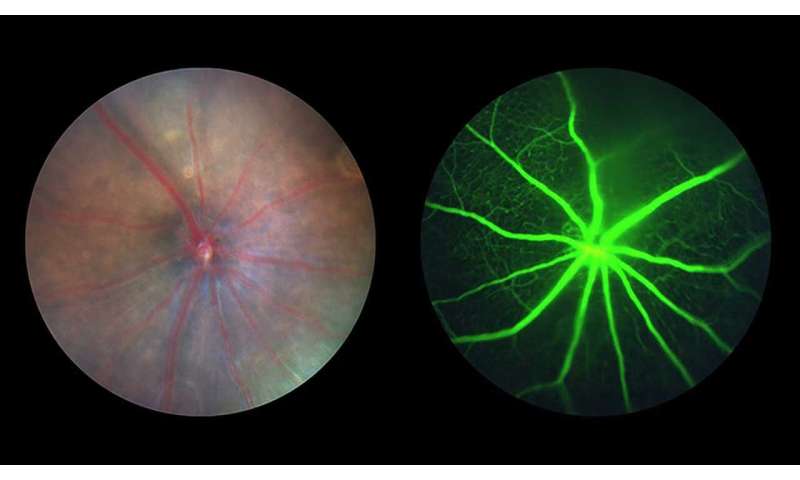A new study to be conducted in space will test a novel gene therapy for vision loss

Age-related macular degeneration (AMD) is a leading cause of blindness in older adults, affecting more than 200 million people globally. Patients in the intermediate stage of the disease currently lack an effective treatment to improve vision or slow disease progression. Now, a new gene therapy from biotech innovator Oculogenex, Inc. may change that narrative by preventing and even reversing symptoms of this pervasive condition.
Set to launch on SpaceX's 30th Commercial Resupply Services (CRS) mission to the International Space Station (ISS) contracted by NASA, an investigation to test the therapy in space may open new avenues for treating vision loss with this novel ocular gene therapy. Experiments on Earth have shown that Oculogenex's therapy is effective against retinal damage in models of retinal degeneration, indicating the potential to prevent progression to advanced AMD. However, these models do not emulate intermediate AMD's milder, chronic oxidative stress.
To address this, an investigation by Oculogenex will validate spaceflight as a novel biologic model of intermediate AMD. It will allow the company to evaluate its therapy in the space environment, providing an unparalleled opportunity to replicate a hard-to-study stage of the condition. The investigation seeks to ascertain whether gene therapy can thwart spaceflight-induced retinal dysfunction and degeneration.
"The microgravity investigation could pave the way for future clinical trials and treatments, offering hope to those grappling with this debilitating condition," said Hema Ramkumar, CEO of Oculogenex and a physician treating people affected by macular degeneration in California.
The gene therapy enhances cellular response to oxidative stress and prevents retinal cell death, an approach that aims to restore the functionality of damaged cells and prevent vision loss.
"As we age, an epigenetic switch stops cellular repair, leading to cell degradation," said Ramkumar. "Our gene therapy renews dormant retinal stem cells, enhances mitochondrial function, and prevents cell senescence and death," she said. "By targeting this epigenetic switch, our therapy instructs cells to remain active and resilient, promoting repair and sustaining vision."
Distinguishing itself from conventional therapies that typically address singular factors, Oculogenex's gene therapy will target the root causes of dry macular degeneration at the intermediate stage, for which there are currently no treatment options.
Female rodents on the space station will be used to conduct this experiment, considering that macular degeneration disproportionately affects women. Spaceflight will serve as a disease model for age-related macular degeneration, with oxidative stress induced by spaceflight mirroring pathways observed in patients on Earth.
Ramkumar explained, "By harnessing the distinctive conditions of spaceflight, we aim to gain invaluable insights into the potential of spaceflight as a model of dry AMD. We anticipate our transformative gene therapy strategy will translate into improved and preserved vision for the millions living with dry macular degeneration."
NASA's SpaceX CRS-30 mission is slated to launch from Cape Canaveral Space Force Station in mid-March.
Provided by International Space Station U.S. National Laboratory